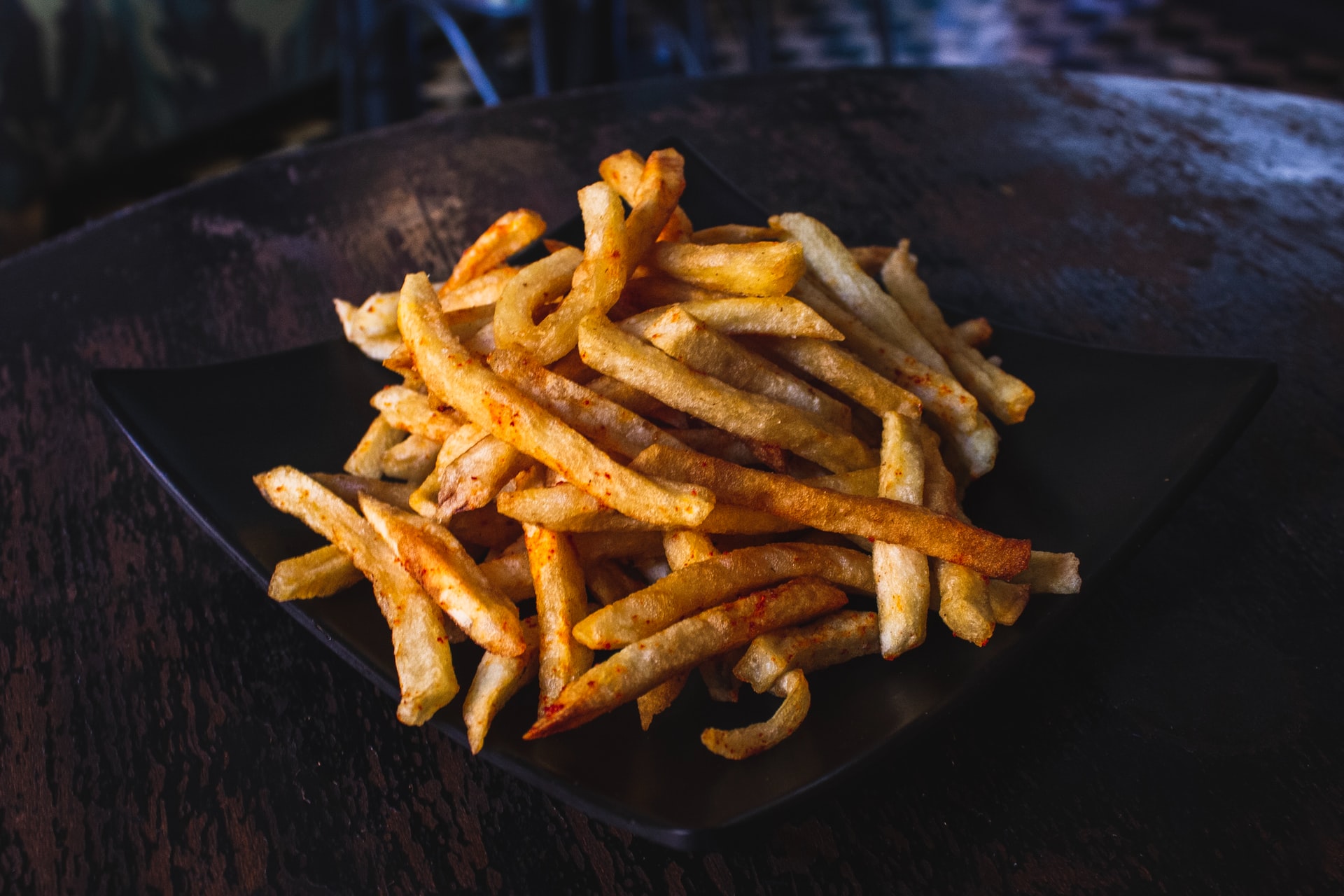Advocacy group, gov’t agencies call for ban on trans fat

TRANS FAT Free Philippines, a multisectoral campaign that advocates eliminating industrially produced trans fat, noted the need for the Trans Fat Free Philippines Bill, or Senate Bill No. 1916, to be passed into law to encourage healthy lifestyles.
“Trans fats are ubiquitous and insidious,” said Sophia V. San Luis, executive director of public interest law group Imagine Law, in a July 20 event by the advocacy campaign. “It is everywhere and yet the public do not know it’s there. This needs to change.”
“Trans fats have no health value and are completely replaceable with healthier alternatives that are already on the market,” Ms. San Luis said. Once passed into law, the Trans Fat Free Philippines Bill will remove industrially-produced trans fat on food sources outside the jurisdiction of the Food and Drug Administration (FDA), she added.
“This includes food products in establishments like restaurants, and the traditional and informal markets,” she told the audience at the July 20 event. “It will also mobilize much-needed resources for laboratories … and facilitate standards for detecting industrially produced trans fats in food.”
The Department of Health (DoH) and the FDA both have an administrative order (AO 2021-0039) and a circular (Circular No. 2021-028), respectively, that seek to eliminate industrially produced trans fats in the Philippine food supply by June 18, 2023.
Past the deadline, pre-packaged and processed food with trans fat will be banned from sale to consumers.
“After June 18, 2023, … any establishment found to be in violation of any provision of the DoH Administrative Order 2021-0039 and FDA Circular 2021-028 shall be grounded for disapproval and suspension or cancellation of CPR (Certificate of Product Registration),” said Pilar Marilyn M. Pagayunan, director of the Center for Food Regulation and Research at the FDA.
Trans fat is a type of fat that can be either naturally occurring or artificially added. Both types may increase the risk of cardiovascular disease by increasing one’s LDL (low-density lipoprotein, or “bad”) cholesterol and decreasing one’s HDL (high-density lipoprotein, or “good”) cholesterol.
Examples of food that may be laden with trans fat — through the partially hydrogenated oils introduced in the manufacturing process — are fast foods like french fries, snack foods like chips, and pre-prepared products such as cake frosting.
Three-in-one instant coffee also has trans fat in its formulation, said Dr. John Juliard L. Go, national professional officer of the World Health Organization (WHO) Philippines. “In addition, some coffee formulations have a high level of sugar. I think the principle for all of us is to choose the healthier option always,” he said.
To make decision-making a less complicated process, opt for whole natural food, which can be found in fresh markets, said Dr. Beverly Lorraine C. Ho, officer-in-charge of the DoH’s Public Health Services Teams.
“Try to avoid processed food as much as possible, because the labels might confuse you,” she said, adding, “nowadays, we already have a lot of local coffee producers coming from different parts of the country … That would be an easier guide for the general public.”
WHO recommends limiting consumption of all forms of trans fat to less than 1% of total energy intake.
Mayo Clinic notes that the more trans fats eaten, the greater the risk of heart and blood vessel disease.
Heart disease remains the top cause of death in the Philippines in 2021. — Patricia B. Mirasol



